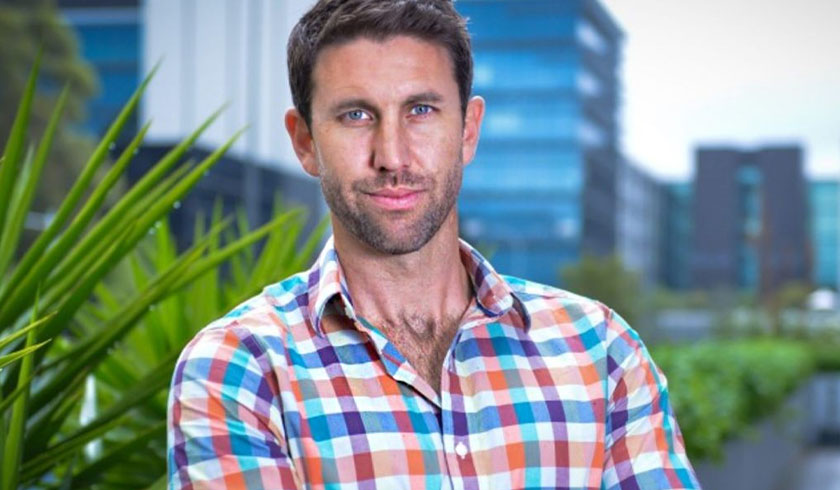Why setting realistic property goals is paramount

Speaking on an episode of The Smart Property Investment Show, founder and director of Pure Property Investment, Paul Glossop, said that while investors are typically highly ambitious, many either don’t think through their goals properly or have goals that are not realistic.
A big part of this is setting up an unrealistic “number” or target, whereby they want to have X amount of properties in X amount of years, he said.
“There are certain people that can be highly ambitious. Because they’re either A, on a trajectory where they can get there, or B, they are potentially already in a position where they are there [and want to] keep going forward.”
Instead of setting an “arbitrary” target, Mr Glossop advised listeners to have a good think about what’s truly achievable, noting that you don’t need the numbers to be a good property investor.
“If I speak to a 25 or 30-year-old looking to buy their first investment versus a 45 to 50-year-old looking to buy their fifth or sixth investment or finish off a portfolio, the difference of when they need a number is very different because I think: do you need a number to start with? No, because the first property is not going to get you that number regardless,” he explained.
“What you need is a bit of an understanding of what property is going to fit your first purchase and probably having a broader understanding of saying, ‘This isn’t going to be the silver bullet.’ So, you need to think that this is one of a number of properties which you’re going to need to move forward on over a period of time to get to a point where you understand what that number’s going to be and build up that portfolio.”
Furthermore, Mr Glossop noted that it’s important to consider lifestyle factors and to not be deterred by having to alter your goals accordingly.
“There’s never a perfect plan. There’ll be a curve ball every six to 12 months in your life regardless whether it’s financial, emotional, family, psych, etc. So, I think reviewing it and having that as part of your long-term [plan] is [important].”

